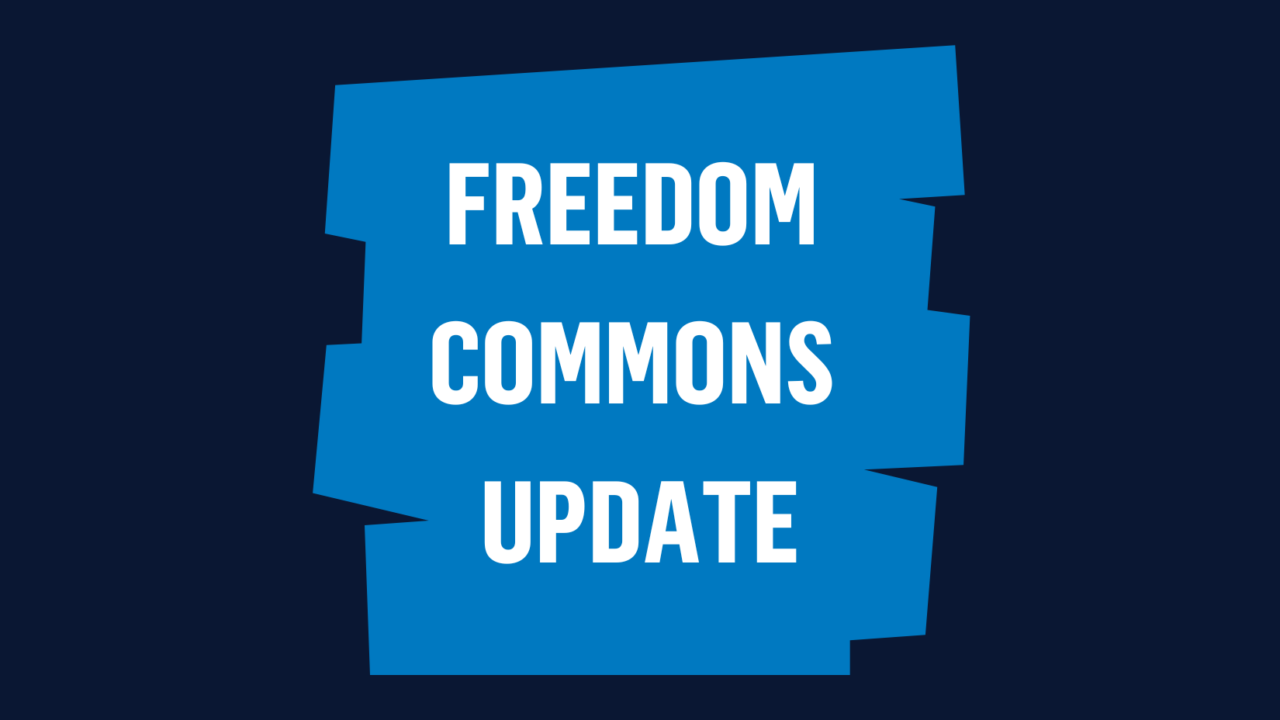Spotlight On Your Issue: Lessons Learned While Working In A Senator's Office

August 2013
The Halls of Hart
I can vividly remember walking up to the U.S. Senate Hart Building the day following the 2004 Presidential election. I was always intimidated by the marble floors and grand ceilings, though on this particular morning it was also eerily quiet as people were out celebrating, or mourning, depending on how their candidate fared the night before. The empty hallways were a stark contrast to what I would soon learn was their normal state: full of constituents, lobbyists and interest groups, all hoping to get a few minutes with their Member of Congress to discuss their work or to ask them to vote for or against a particular bill.
My first job on Capitol Hill was answering phones in a senator’s office. I made sure to record the critical information- the caller's zip code and the reason for their call. At the end of each day, our boss (the senator) would take home a print out of how many calls he had received on a particular topic (and whether people were for or against it)and from which parts of the state the calls came.
Behind the Scenes: Meetings with Constituents, from a Staffer’s Perspective
After a few months, my responsibilities grew to include meeting with constituents and other interest groups from our office’s state. After each meeting, I'd draft a memo on the meeting, including who I had met with, a brief summary, and any relevant background on the legislation in question. This process was always quicker and more efficient when the constituents had come prepared and were able to provide me with the background on the legislation. If in the meeting we were requested to cosponsor a specific bill, I'd include mention of that in the memo and a recommendation would go in the boss' bag that he took home each night, along with the printout of calls.
Winning Takes Champions
The morning after a meeting, we'd all receive our memos back with notes- sometimes including a decision and other times including more questions. One of the memos I most remember getting back from the senator included a note about something additional he'd seen on the news the night before and wanted us to look into further. Other times, we'd get a memo back with a note about following up with the 30, 40 or 100 people who had called in the day before on the same subject. It made me realize that some issues fared better simply because they had champions.
Sometimes, an issue got attention because our boss was especially passionate about it. Other times we worked on an issue because it was of special interest to another staffer and they were able to make the case for why it was important. Most of the time though, for an issue to get attention, it required a group of constituents to come by the office and state their case in an organized and compelling way, that made it easy for me to illustrate its importance as I wrote the follow-up materials. A stream of (polite) phone calls to the office on the same subject within a couple months before or after a meeting definitely helped to get the issue the Senator’s attention. A perfectly timed event in the home state or a relevant story in that night’s news could help to push the issue to a more urgent category. Two things were key for a bill to win my boss’ support: he needed to be made aware of the issue and to know that his constituents cared about it.
Your Voice Matters
Each congressional office has their own process, but what is consistent is that your voice matters in whether or not your senator or representative is going to pay attention to the issues you care most about. So, to those of you who have/are taking part in in-district meetings, a huge thank you for taking the time to stop by your congressional offices this summer to talk about human trafficking issues and modern day slavery!
Take a moment to tell your representative that ending human trafficking is a priority.